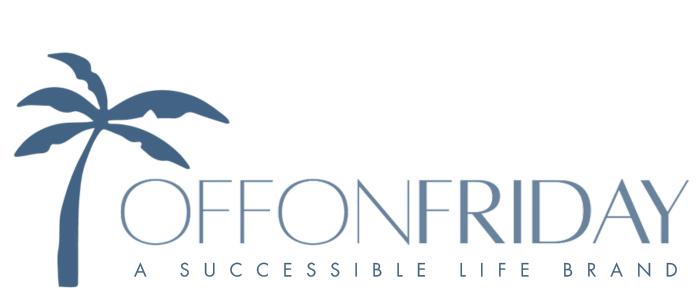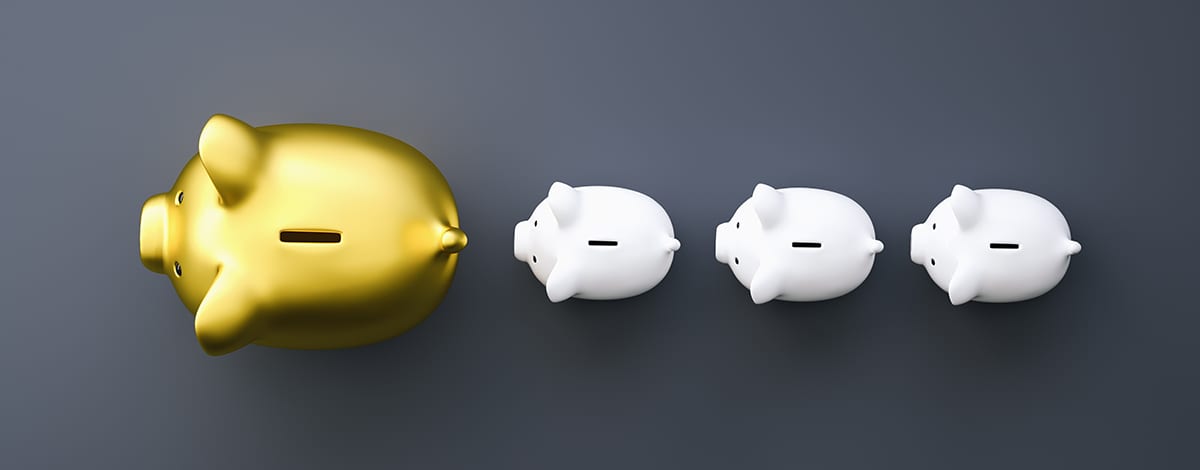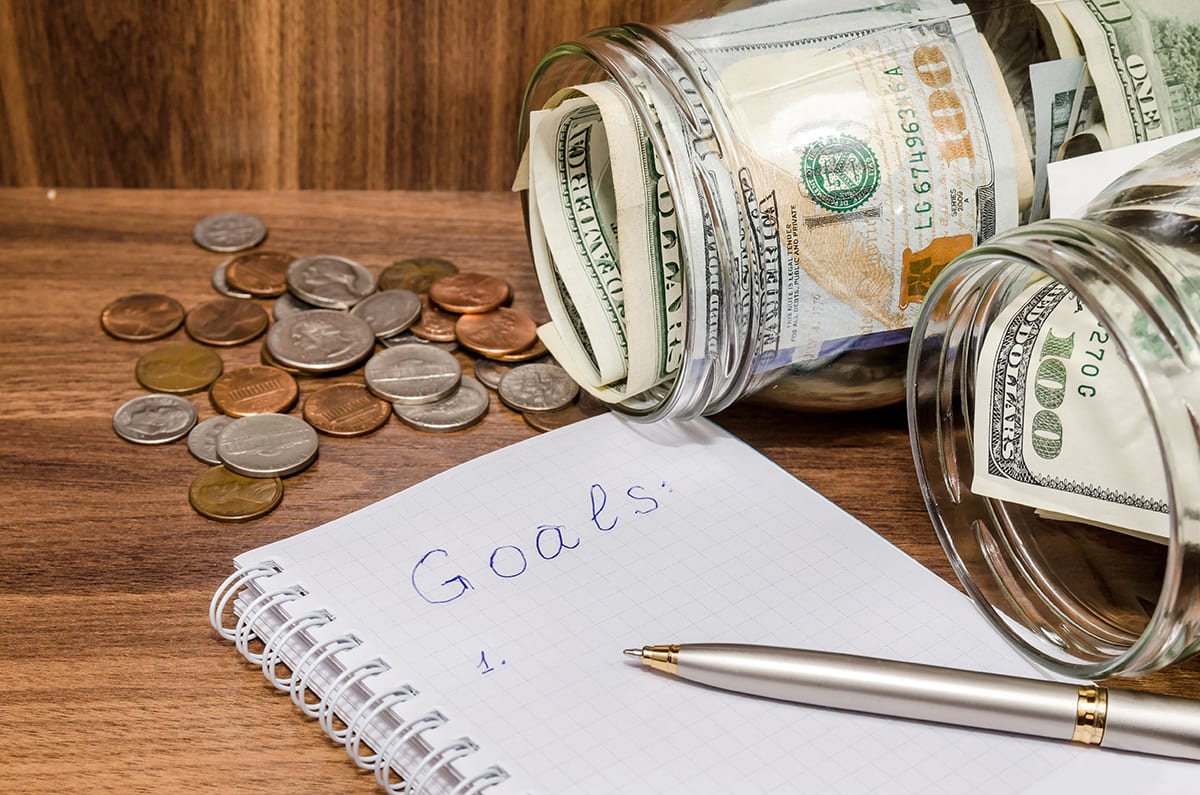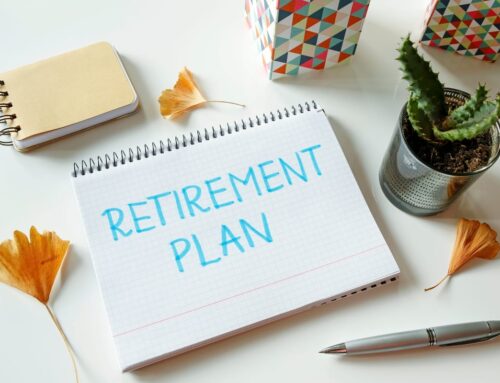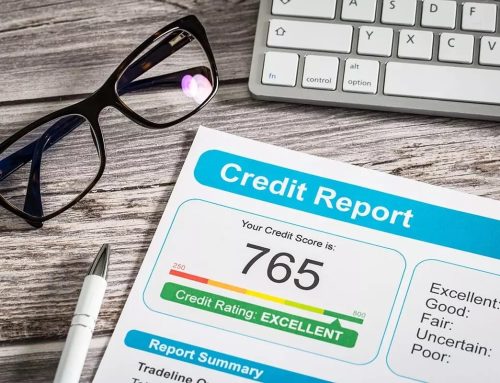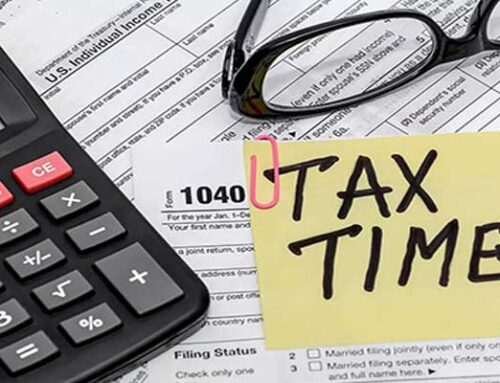Last Updated on June 3, 2023 by Ryan
Here’s a question many Americans find themselves asking: how many bank accounts should I have? Maybe 5? Maybe 10? How many should a smart, financially savvy person have to their name?
These are common questions that unfortunately don’t have hard-and-fast answers. The truth is that the right combination of bank accounts depends on your unique financial situation and your short-term and long-term financial goals. What do you hope to accomplish in your lifetime? How much will you earn at your job (or otherwise), and how much do you need to make up in interest, investments, and other tax savings to achieve those goals?
Answering these questions is key to determining the right mix of bank accounts and financial products for your household.
The Bare Minimum
Financial experts generally recommend at least three bank accounts for every household: a checking account, a savings account, and a retirement account. These help you 1) cover your current living costs and day-to-day expenses, 2) give you a financial safety net in case of emergency, and 3) prepare you for the future, when you no longer have a steady stream of income to count on.
Let’s look at all three more in depth.
A checking account.
This is your everyday account. It’s the one you’ll use to cover groceries, pay your utility bills, or write checks to your landlord. It doesn’t require a sky-high balance, but you should always stow enough in it to cover any bills you know are coming PLUS any automatic payments you have scheduled. An extra cushion of at least a few hundred dollars is also wise, as some living expenses vary slightly month over month (for example, your water bill may be higher than expected).
A savings account.
Your savings account is how you’ll fund future goals and cover emergency expenses. It’s what you’ll tap when the fridge needs replacing or how you take your 10-year-old on that dream Disney vacation. Though the amount you should have in your savings account varies, you generally want to have at least three to six months of living expenses — all included. That means enough to cover your mortgage/rent payment, your utilities, your groceries, your gas, etc. all for a few months. This acts as a safety net in the event you lose your job or if your income is somehow reduced.
Savings accounts can also allow you to earn money too, so be careful whom you bank with and what type of account you choose. The higher the interest rate, the more you’ll gain in the long-term (especially if you keep a healthy balance in there). Just make sure, however, that there are no fees or penalties for making a withdrawal or falling below a certain balance.
A retirement account.
Your retirement account will cover your living expenses once you’re no longer working. These types of accounts include 401Ks (which your employer might provide), IRAs, Roth IRAs, and others. They’re typically tied to some sort of investment, which allows you to earn interest and save more for the future (usually at a higher rate than a traditional savings account). Some employers even contribute to retirement accounts or match your contribution up to a certain point.
If you have a retirement account through your employer, it’s important to maximize the amount your company will contribute if at all possible. Keep in mind that retirement account earnings are tax-free (they don’t count toward your taxable income!), and they often come right out of your paycheck (this makes them hardly noticeable over the course of the year).
Other Bank Accounts to Consider
In some cases, there might be other bank accounts you want to add to the mix. If you freelance, are self-employed, or are starting a business, then you’ll probably want a business account to separate your company’s funds from your personal ones. This might also make filing your taxes easier once April rolls around.
Other accounts you might consider include:
- CDs – Certificates of Deposit allow you to stow away a set amount of cash, hold it for the long haul (untouched, usually for a few years), and then earn interest on the money once the withdrawal date comes up. These accounts offer higher interest rates than traditional savings accounts, but they typically don’t allow for regular withdrawals.
- Money Market Accounts – Money market accounts are high-interest savings accounts that, unlike CDs, allow you to make withdrawals on a regular basis. They’re backed by the FDIC and pose no risk.
- Health savings accounts – These are used to save cash specifically designated for healthcare costs. They usually come with a debit card that can be used at doctor’s offices and pharmacies, and the amount you save in these accounts is tax-free. If you know you’ll be spending a pretty penny on health costs each year, this is a good one to have.
- Savings accounts for the kids – It’s never too early to set up savings accounts for your kiddos. For one, it allows you (and other loved ones) to save cash for college tuition and other future costs. As your child ages, it also gives you a chance to teach smart financial habits, budgeting, and savings strategies.
Financial conditions
Ultimately, the mix of bank accounts you need depends on a lot of very personal and unique factors, so it’s important to understand your financial situation as well as your long-term goals before making a decision.
Typically, you’ll want to factor in:
- Your income – Will it increase or decrease over the years? If it will decrease, you may want to make the most of your money now, stowing away a healthy savings account or investing in high-interest accounts and investments.
- The stability of your job – How long will you be at your job or working in general? If your employment is iffy or you’re retiring soon, then an extra savings, retirement, or investment account might be beneficial.
- Your long-term goals and plans – What are you hoping to achieve in the next five to 20 years? Buying a house? Sending your child to college? Retiring early? The bigger your financial goals, the more aggressive you’ll need to be with saving and investing.
- Your dependents – Who depends on you for financial safety? Do you have kids, grandkids, or a spouse to care for? They (along with their future plans) should drive your savings goals as well as the types of account you choose to open.
You should also consider things like your health (especially if you’re thinking about opening an HSA) and your comfort level with risk-taking. There’s always some risk involved when putting your money into investment accounts like 401Ks, IRAs, and CDs.
Don’t Go Overboard
More isn’t always better, and when you’re talking about bank accounts, this certainly rings true. No matter how lofty your financial goals, you never want too many accounts. This will only spread your finances thin — a danger to your day-to-day health and well-being if you’re on a limited income.
Going overboard with your accounts may also make it hard to manage your money or could drive your account balances too low. This might result in overdraft fees, penalties, and other charges that cost you more in the long run.
Choose Wisely
If you do decide to open more bank accounts than you already have, be smart about which ones you choose. Look at the interest rate, research the bank’s reputation, and look for perks or rewards that come with the account. Can you earn cash back or airline miles on your purchases? Does it come with credit score monitoring to keep you apprised of your financial situation? Get all the details before signing on the dotted line.
In the end, if you’re still unsure about what accounts and financial products are right for your household, consider speaking to a financial advisor. They’ll be able to give you detailed recommendations based on your unique goals and scenarios.
Here are a few hand-picked articles for you to read next:
- Are You Struggling Financially? Here’s How You Can Become a Game Changer For Yourself
- 5 Ways to Work From Home Part Time (And Make Extra Money)
- Top 6 Debt Payoff Planner Apps to Help You Tackle Debt
Aly J. Yale is a freelance writer and journalist from Houston, covering real estate, mortgage, and finance topics. Her work can be seen in Forbes, The Balance, The Mortgage Reports, MReport, DS News, and The Simple Dollar. She previously served in editorial and production capacities for news organizations such as The Dallas Morning News, NBC, Radio Disney, and PBS.
